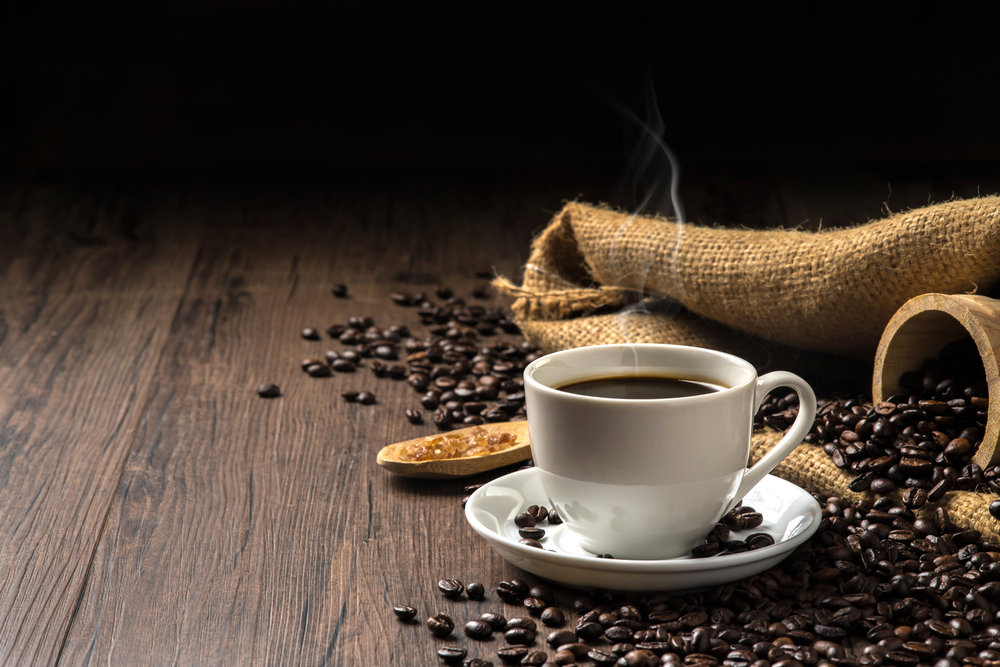Good dental health is the result of diet, oral hygiene and regular visits to the dentist. Reducing sugar intake, brushing teeth twice a day and flossing regularly are all great ways to keep your mouth healthy. There are also several ways to adapt your natural eating and drinking habits to improve your dental health. Timing is key. The body has natural defenses that help to protect your teeth and gums. Eating too often, brushing at the wrong time or even choosing the right after dinner drink can have an impact on your oral health.
Keep to five sugar hits per day
A sugar hit occurs whenever you eat or drink anything. Your teeth cannot tell the difference between refined sugar and the natural sugars found in fruit, carbohydrates and protein, so for simplicity it is best to consider that all food and drink aside from water counts as a sugar hit. After a sugar hit, your natural saliva will help to combat any bad bacteria that might lead to cavities or gum disease, rebalancing the acid in your mouth. If you eat or drink anything with either natural or artificial sugar more than five times a day, your natural saliva may not be able keep your mouth clean, leading to oral damage. Sugary treats should be enjoyed straight after a meal, so that the whole meal counts as one large sugar hit. Waiting even half an hour to eat something sugary will interfere with the natural process of saliva cleaning your mouth.
Don’t linger over sugary drinks
Sugary drinks include fizzy sodas, alcohol, many iced teas and coffees, some fruit cordials, fruit juice and milkshakes. The act of sipping a sugary drink over time means that you are prolonging a sugar hit and preventing the mouth’s natural saliva from doing its work. A sugary drink is usually a treat to be enjoyed, so downing it in one sitting is hardly an ideal solution. There are two main ways to reduce the damage of sugary drinks. Firstly, choose a very small portion, 100ml or less, so that you sip for a shorter period of time. Secondly, drink a sugary drink during a meal to combine it into one sugar hit. You might also want to drink through a straw. This is not a perfect solution, as the sugary acid from your drink may still linger in your mouth, but by drinking through a straw you are minimizing the direct contact between teeth and sugar.
Wait 30 minutes, then brush
It is important to brush your teeth after consuming sugar. However, the acid in sugar weakens the top layer of your tooth enamel. If you brush your teeth straight after eating sugar, you risk scrubbing away this layer. It takes up to 30 minutes for your body’s natural saliva defense to restore the hardness and strength of your tooth enamel. To protect your teeth from sugar damage, wait 30 minutes before brushing.
Eat hard cheese straight after a meal
Nibbling on some hard cheese, for example cheddar, after eating can help to neutralize the acid in your mouth. Cheese contains calcium and phosphorus, both of which help with the process of remineralisation. Remineralisation means rebalancing the levels of acid and alkali in the mouth, to keep your tooth enamel strong. It is one of the benefits of giving up sugar entirely, but eating a small amount of cheese after a meal or sugary snack could help to counterbalance some of the damage done by eating sugar. Drinking milk after a meal is also a good way to consume both calcium and phosphorus. However, the act of chewing cheese stimulates the jaw, producing more saliva.
Switch coffee for green tea
Coffee is very acidic and can damage tooth enamel. Drinking coffee with a meal makes it part of the same sugar hit, so your mouth’s natural saliva response will help to combat the impact of the acid. However, many people drink coffee between meals, which can be problematic. Green tea fights oral bacteria and its alkaline nature helps it to restore the natural balance of acids and alkalis in the mouth after eating acidic food. It also rehydrates the mouth. Coffee tends to reduce the amount of saliva, whereas green tea will help to replenish it. If you really want a coffee after a meal, add lots of milk to try and reduce the acidity. This will also add calcium and phosphorus to the drink.
Don’t eat or drink after brushing
If you drink anything, even pure water, straight after brushing your teeth, you can affect the efficiency of your toothpaste. Rinsing your mouth with water or mouthwash after brushing will have the same effect. Wait thirty minutes before drinking anything to ensure your toothpaste is able to do its work. If you use mouthwash as part of your daily oral hygiene routine, make sure you use it at a different time of day.
If you plan to change your eating and drinking habits to benefit your oral health, it is a good idea to take small steps and change one thing at a time. This will help you to build new, lasting habits. Changing your eating and drinking habits to support saliva production and minimize damage to teeth is not a substitute for brushing, flossing or visiting a dentist. These things should be done as an additional practice, to enhance your oral hygiene and work with your natural defenses to improve the overall health of your mouth.



